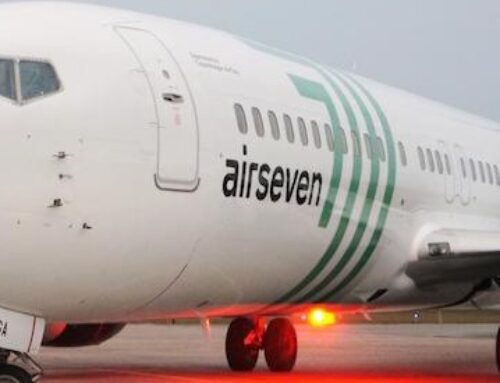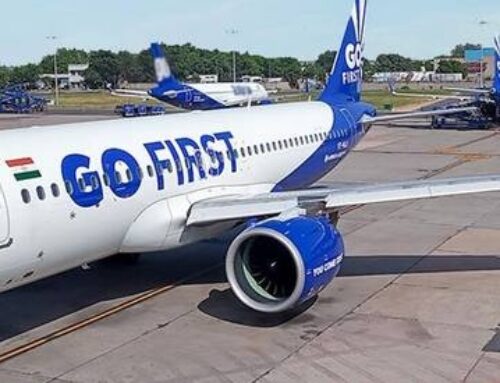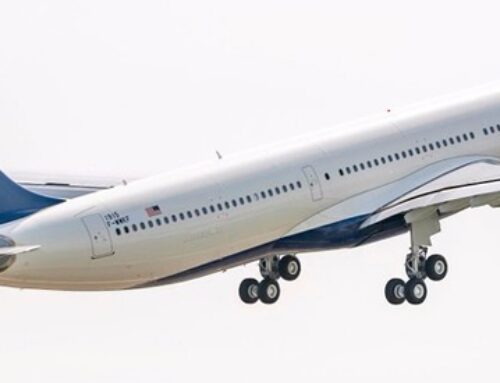
Bonza, an Australian low-cost carrier based at Sunshine Coast, is facing intensified scrutiny and legal challenges following its collapse on April 30. The airline’s administrators, Hall Chadwick, have scheduled the first creditors’ meeting for May 10 in Sydney, where the precise number of creditors and their claims will begin to be addressed. This meeting will also potentially decide on the appointment of a committee of inspection and whether to retain or replace the current administrators.
The lead-up to Bonza’s insolvency has been fraught with operational disruptions, including an incident on April 29 when aircraft lease manager AIP Capital removed flight manuals from Bonza’s fleet of four B737-8s, effectively grounding the aircraft at various locations across Australia. This drastic action came after multiple default notices were issued to Bonza in mid-April due to unpaid bills that reportedly began accumulating in February.
The administration process has revealed complex financial and operational missteps. Bonza continued to sell tickets right up until its aircraft were seized, which has raised significant legal and ethical questions regarding trading while potentially insolvent—a situation that could expose the directors to severe civil and criminal penalties.
Three interconnected entities have entered voluntary administration: 777 Oz HoldCo Pty Ltd, Bonza Aviation Pty Ltd, and Ops in a Box Pty Ltd. These entities are linked to 777 Partners, Bonza’s majority shareholder, which has faced its own challenges, including a cut-off in funding from its previously main financial backer, US insurer Advantage Capital.
Bonza’s original business model, which shifted dramatically from a plan to operate 72-passenger turboprops to using 186-passenger B737-8s, has been criticized for its lack of suitability for Australia’s aviation market, characterized by long distances and low population densities in regional areas.
As Bonza navigates this financial turmoil, the future of its employees and aircraft remains uncertain. The recent developments have not only left approximately 280 employees without pay but have also cast doubt on the likelihood of ticket refunds for customers. The aircraft, under management by AIP Capital and now owned by Phoenix Aviation Capital, are reportedly being redirected to LOT Polish Airlines.
This unfolding scenario underscores the significant risks and challenges in the aviation industry, particularly for start-ups attempting to disrupt established market dynamics with aggressive growth strategies and complex financial arrangements.







